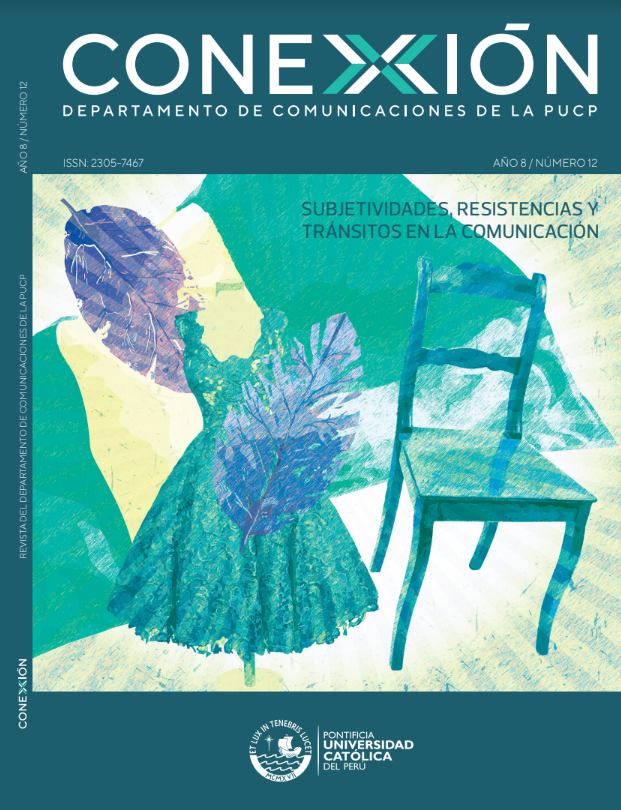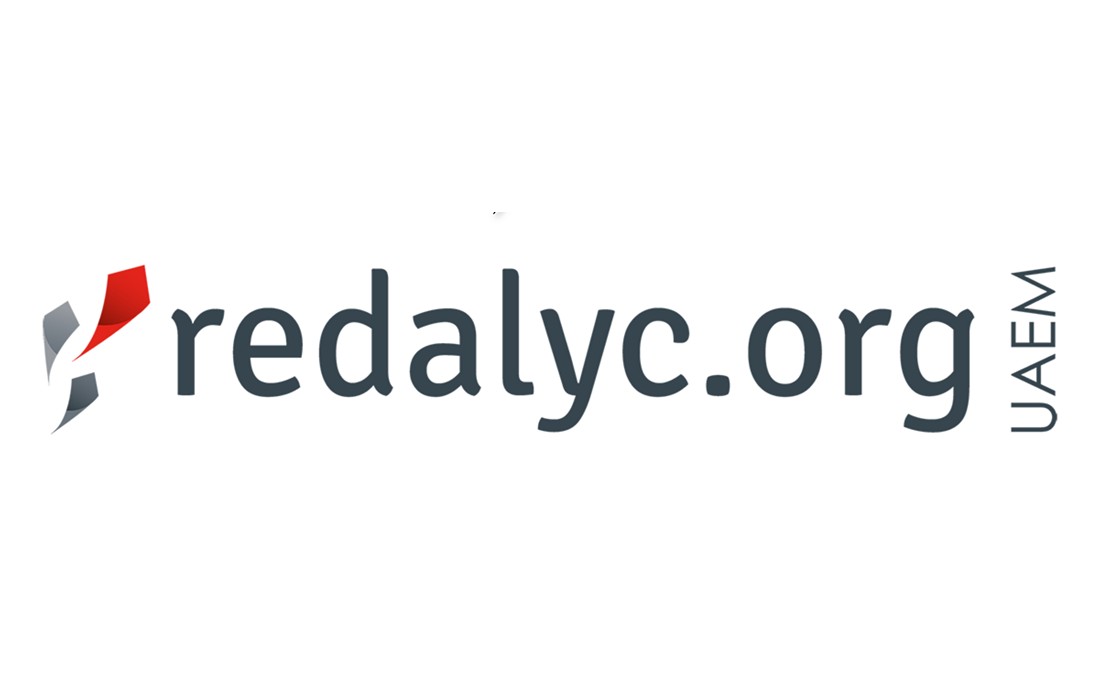Precariedad, materia en deterioro y subjetividades destituidas: acerca de una «estética de la descomposición» en dos documentales de Heddy Honigmann
DOI:
https://doi.org/10.18800/conexion.201902.002Palabras clave:
Documental, Perú, Heddy Honigmann, Materialidad, Precariedad, SubjetividadResumen
Este ensayo se aproxima al trabajo de la documentalista peruano-holandesa Heddy Honigmann a través de dos de sus producciones —Metal y melancolía (1994) y El olvido (2008)—, situadas en Lima y centradas en la precaria subsistencia de sus personajes. El texto plantea una interpretación de sus respectivas propuestas visuales partiendo de la conceptualización de una «estética de la descomposición», es decir, de la puesta en escena de objetos en proceso de desgaste. Al apuntar la cámara hacia estos, la directora expone las circunstancias económicas y políticas que llevaron a la progresiva desintegración de las condiciones de vida individuales y colectivas, así como a la erosión de los beneficios de los que gozaban las clases medias en el Perú. Centrándose en la materialidad de los objetos en deterioro, este trabajo propone conectar el enfoque de Honigmann con los efectos de la implementación del neoliberalismo en un tipo de subjetividad paradigmática que podría concebirse como destituida.
Descargas
Publicado
Cómo citar
Número
Sección
Licencia
Derechos de autor 2019 Conexión

Esta obra está bajo una licencia internacional Creative Commons Atribución 4.0.















